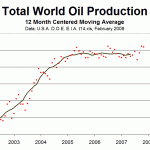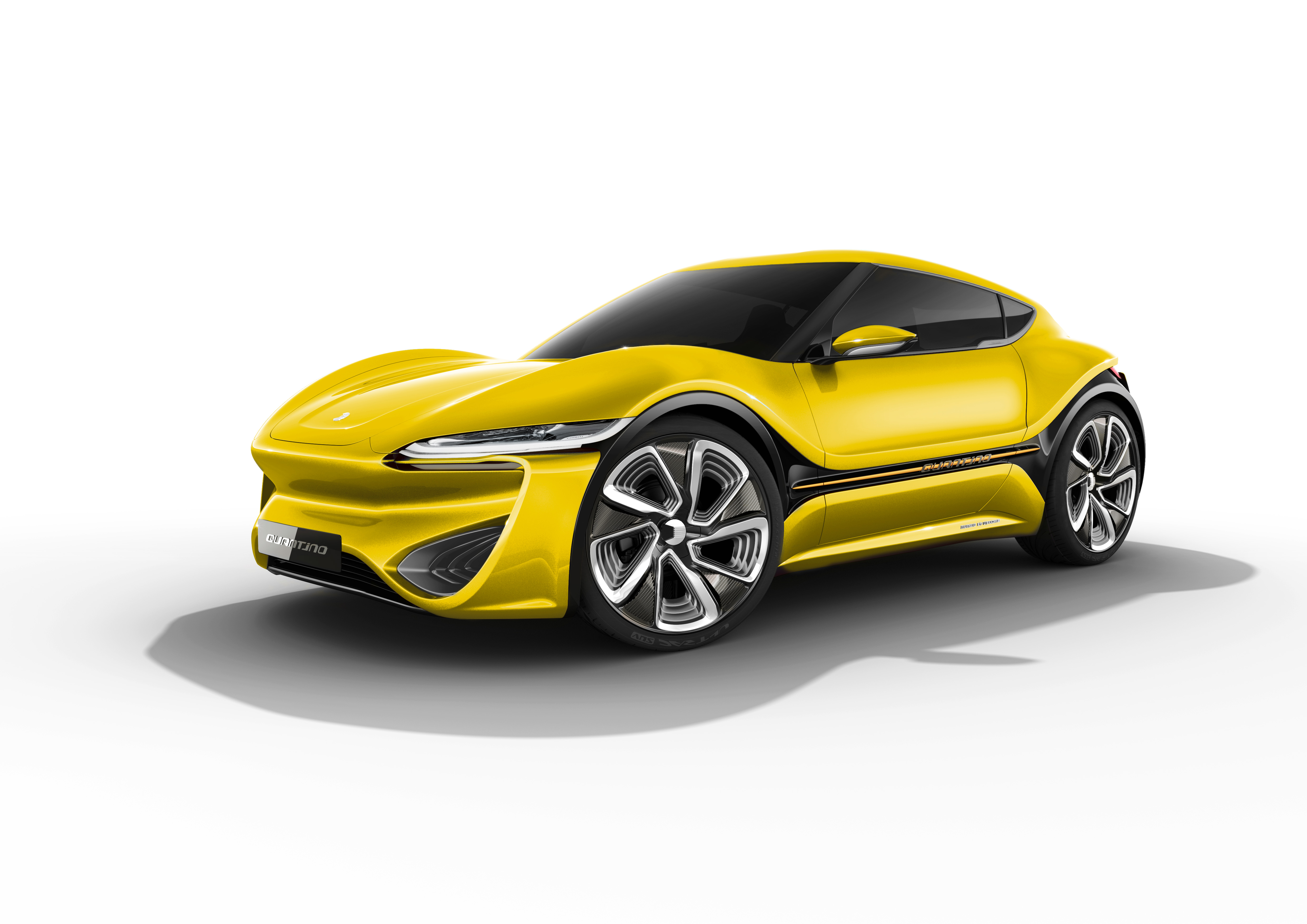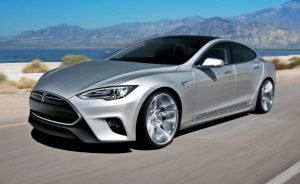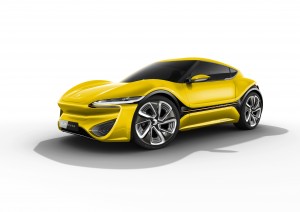 The planes are flying again over Europe as the restrictions imposed due to the Icelandic volcanic ash cloud have been lifted. But are the scenes experienced over the last few days a bleak glimpse into our collective futures ?
The planes are flying again over Europe as the restrictions imposed due to the Icelandic volcanic ash cloud have been lifted. But are the scenes experienced over the last few days a bleak glimpse into our collective futures ?
It is commonly acknowledged that oil reserves will not last forever but maybe less well known that the period of peak oil production is upon us and in the near future demand will begin to exceed supply. So what are the possible consequences:-
 1) Oil is like any other commodity and as demand exceeds supply price will increase. This was seen before the financial crash of 2008 when Oil peaked at $147 per barrell. It is current around $82 per barrell.
1) Oil is like any other commodity and as demand exceeds supply price will increase. This was seen before the financial crash of 2008 when Oil peaked at $147 per barrell. It is current around $82 per barrell.
2) GDP growth is directly dependent on oil supply. China is currently growing at around 10% per annum – this cannot continue.
3) There is no readily available alternative. Biofuels represent a tiny percentage of total fuel volumes and use up valuable land resource which could be used to grow food.
4) We will experience increasing cost of food and other essentials.
5) Air travel will become the preserve of the rich. This can already be seen in the UK with vastly fewer people taking foreign holidays following the financial crash.
6) Our world will shrink; the global village we have experienced since the 1960’s will shrink as travel costs reduce our ability to roam.
7) There will probably be more conflict on a global scale as States compete for scarce resources.
This all sounds like bad news but there will be positive outcomes:-
1) Reduced consumption of Oil will reduce the amount of carbon generation and lessen the risk of global warming.
2) The crisis will force us to develop alternate energy strategies.
3) Being less dependent on “the black stuff” will enable us to take independent geo-political decisions less hindered by our current needs.
4) We will be more concious about re-use and less wasteful of resources.
We live in interesting times.
chris@projectsguru.co.uk
www.projectsguru.co.uk

 The implementation of IIOT (Industrial Internet of Things) is transforming industry in many ways & one of the most interesting is in enabling companies to manage carbon reduction strategies & in doing so to make processes more efficient in terms of cost, quality & most importantly energy usage.
The implementation of IIOT (Industrial Internet of Things) is transforming industry in many ways & one of the most interesting is in enabling companies to manage carbon reduction strategies & in doing so to make processes more efficient in terms of cost, quality & most importantly energy usage.
 The U.K Governments decision to ban the sale of new petrol & diesel cars by 2030 presents some real challenges for the UK Automotive industry. A development lifecycle of 5-7 years is not unusual for a brand new model & when we are looking at a whole different powertrain & chassis with the consequent implications for production assembly then we are talking major developments.
The U.K Governments decision to ban the sale of new petrol & diesel cars by 2030 presents some real challenges for the UK Automotive industry. A development lifecycle of 5-7 years is not unusual for a brand new model & when we are looking at a whole different powertrain & chassis with the consequent implications for production assembly then we are talking major developments. What a couple of weeks! – the world has tilted on its axis & society has changed forever plunging millions into unemployment & causing thousands of deaths worldwide. In most parts of the world bustling cities have ground to a halt as people self isolate in their homes.
What a couple of weeks! – the world has tilted on its axis & society has changed forever plunging millions into unemployment & causing thousands of deaths worldwide. In most parts of the world bustling cities have ground to a halt as people self isolate in their homes. ffer irreversible & catastrophic climate change.
ffer irreversible & catastrophic climate change. the industry did little to improve fuel efficiency until the oil crisis of the early 1970’s brought about the demise of gas guzzling V8’s & V12’s.
the industry did little to improve fuel efficiency until the oil crisis of the early 1970’s brought about the demise of gas guzzling V8’s & V12’s.

 2012 has been a pretty miserable year with freakish weather on both sides of the Atlantic, in the U.K the highest rainfall since records began saw people washed out of house and home and businesses ruined. In the USA Hurricane Sandy battered the East Coast and several lives were lost, homes ruined & businesses destroyed.
2012 has been a pretty miserable year with freakish weather on both sides of the Atlantic, in the U.K the highest rainfall since records began saw people washed out of house and home and businesses ruined. In the USA Hurricane Sandy battered the East Coast and several lives were lost, homes ruined & businesses destroyed. The planes are flying again over Europe as the restrictions imposed due to the Icelandic volcanic ash cloud have been lifted. But are the scenes experienced over the last few days a bleak glimpse into our collective futures ?
The planes are flying again over Europe as the restrictions imposed due to the Icelandic volcanic ash cloud have been lifted. But are the scenes experienced over the last few days a bleak glimpse into our collective futures ?